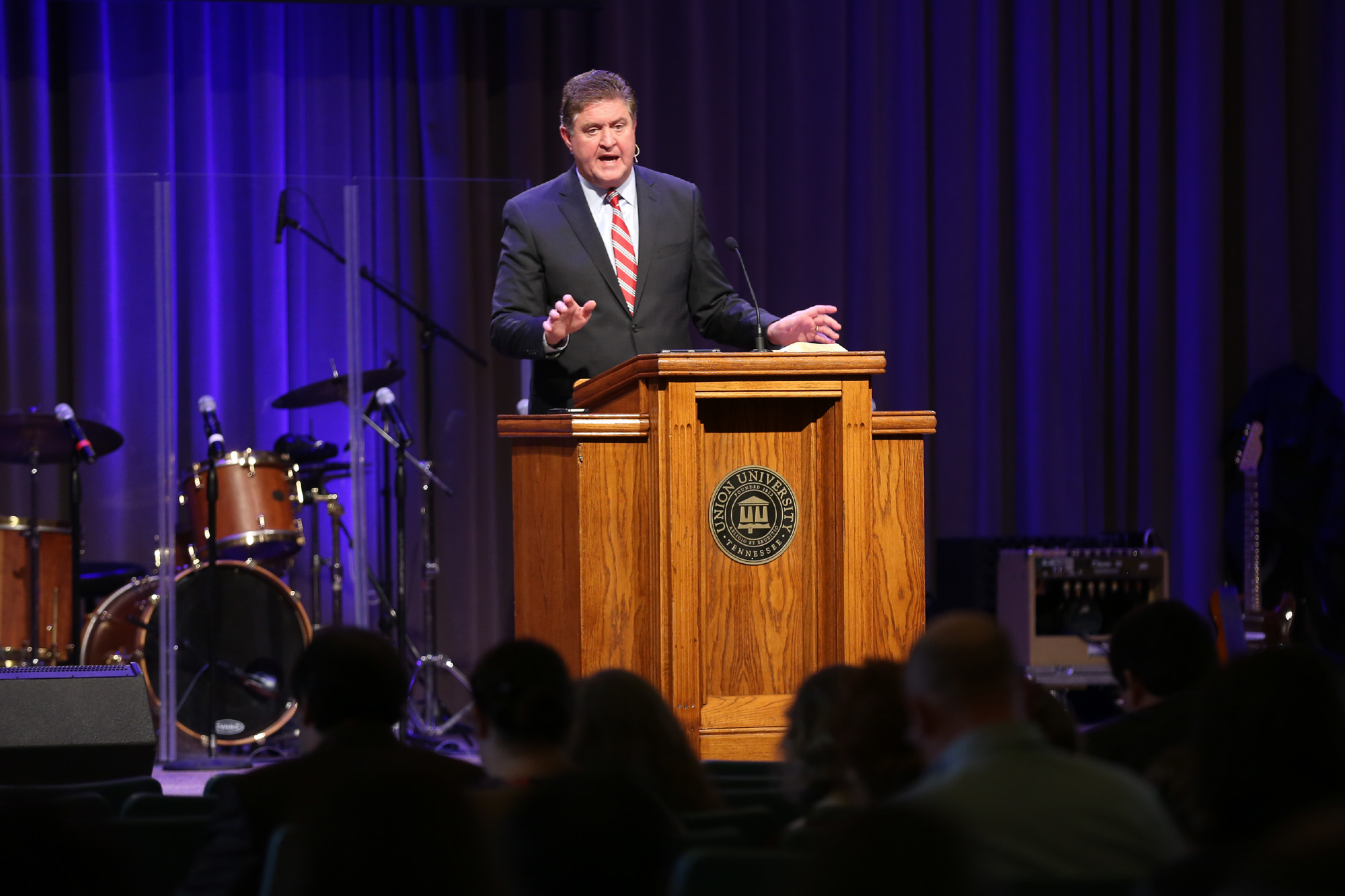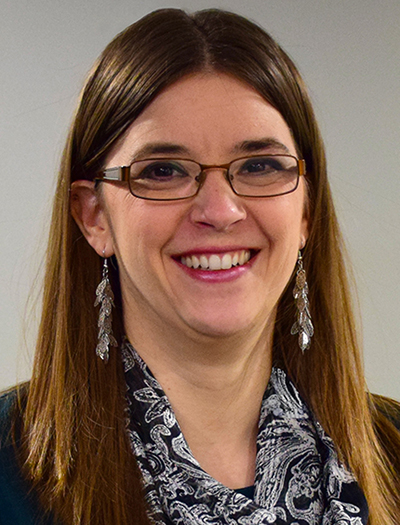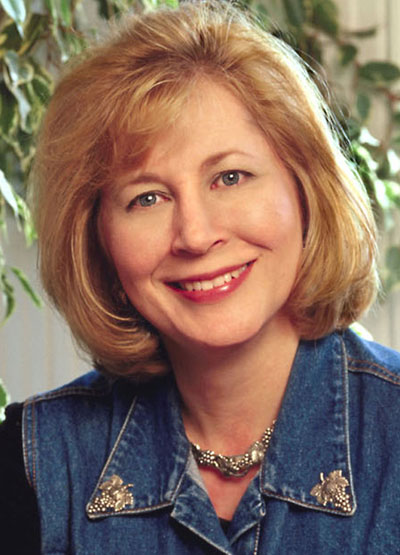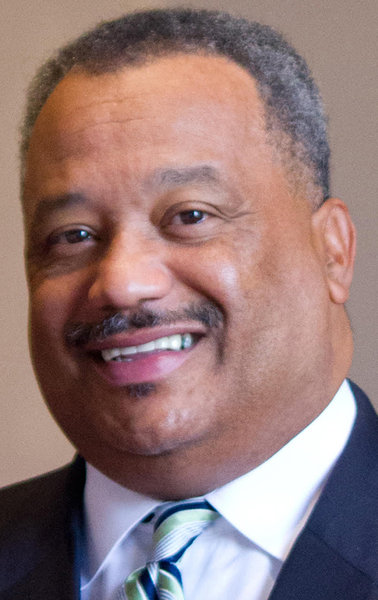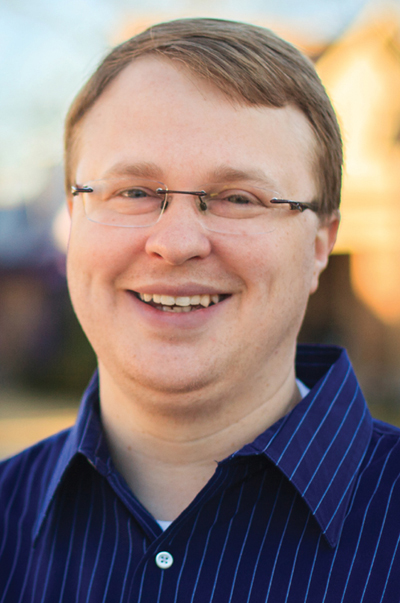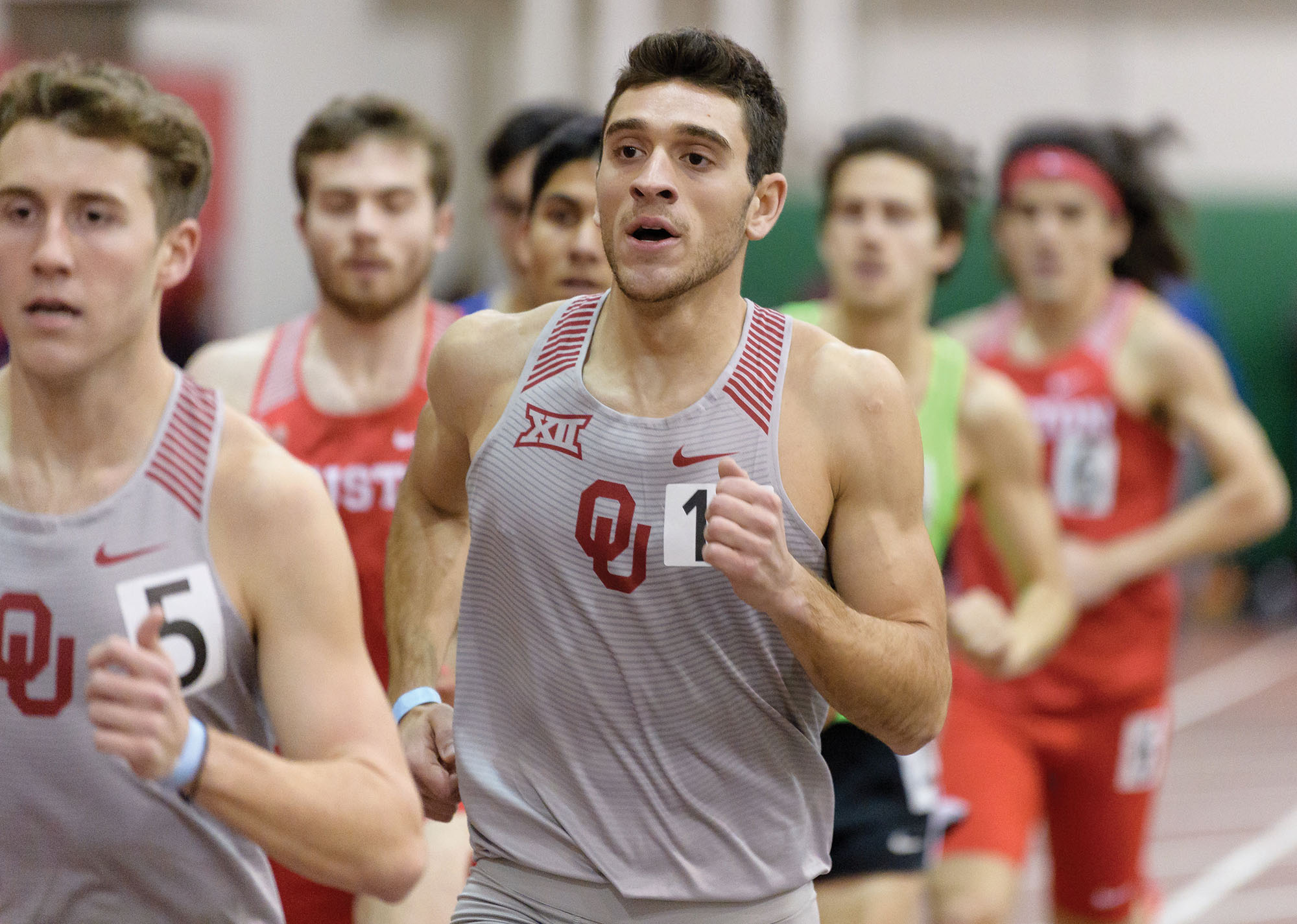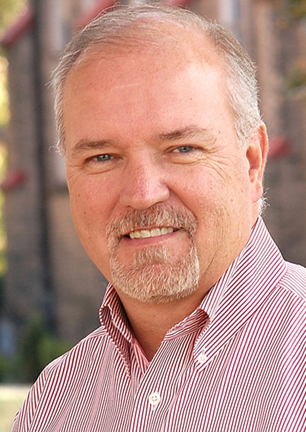 [1]
[1]HUNTINGTON BEACH, Calif. (BP) – Standing alongside other engineers, Radon McKinney knew something was wrong as he watched the Space Shuttle Challenger ascend from the launch pad on Jan. 28, 1986.
“I could see it,” he says. “A flame came out of the booster rocket, and I cringed. I knew it was going to fail before it even blew.”
It was a tragic lesson in how a lack of attention to detail can cost others. At the time, McKinney worked at a company contracted by NASA to construct the bolts holding in place the ill-fated O-rings. The failure of those rings in the frigid Florida morning set off a chain reaction that cost the lives of all seven astronauts, including teacher Christa McAuliffe.
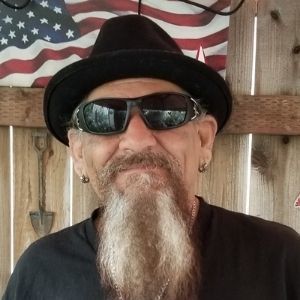 [2]
[2]The details play a part in McKinney’s testimony, too. He joined a gang at age 11, but was saved in his teens. Rebellion came, and so did drug and alcohol addiction while serving in the army, getting his engineering degree, designing parts for F16 jets and fighting (and joining) a motorcycle gang. It came to a head with a muddy nap under an El Camino.
“I had been released from a mental hospital in Pompano Beach, Fla.,” he says. “It was raining, so I climbed under the El Camino and slept. I woke up sick and busted and held my hands up to the sky and said, ‘Help me.’”
Details lead people to a place of brokenness, a place where grace abounds. That’s what McKinney and his co-pastor, Chris Lohman, want others to see at The Garage, a congregation meeting on the campus of Huntington Beach Church in Huntington Beach, Calif.
“We both come from backgrounds on the lower end of the social scale,” says Lohman, a mainstay of the Southern California punk rock scene in the ‘90s as a guitarist and vocalist. “We understand people who have no money, have been abused, have been hurt. We know what that’s like and want The Garage to be a casual environment people can be a part of.”
That environment includes hearing about the redemption found in Christ. Growing up in the Orange County city of Santa Ana, Calif., McKinney describes his father as “a really mean guy” who became a Christian. Later he became a missionary and pastor and began a print shop, using it to print Bibles that would be sent to China.
Meanwhile, McKinney battled addictions to cocaine and heroin. Those cost him custody of his son and daughter and led to his living out of hotels throughout the area. Eventually he moved to Ft. Lauderdale, Fla., and cleaned up somewhat, landing an engineering job with AT&T.
Then came the night at a bar and the fight with a motorcycle gang. His moxie impressed them, so they invited him to join. But that led to his reintroduction to heroin.
Crawling from under that El Camino, McKinney knew he needed help.
“I’d been baptized in my youth, so God had never left me,” he says. He went back to California and entered a drug treatment program through the Salvation Army. He would eventually reconcile with his father and join his church, becoming a Bible study leader.
“I was pretty knowledgeable about the Bible from when I was young. When I turned back to Christ, I quickly remembered the things I’d learned as a boy,” he says.
Ordained as a pastor at his dad’s church, McKinney’s desire to lead others through discipleship grew. He joined a Christian motorcycle group, Sons of Thunder, and began leading Bible studies “whenever and wherever.” He also earned a new name.
In addition to his given name, Radon McKinney had also been known as “Grumpy,” stretching from his days in gangs both as an 11-year-old in Santa Ana and riding motorcycles in Fort Lauderdale. Prior to joining Sons of Thunder, he rode with another Christian motorcycle ministry called Front Line Warriors who insisted on a name change.
“They gave me the name ‘Rottweiler’ because I wasn’t afraid to go to the gates of hell to tell someone about Jesus,” he says. “They said I’m just ‘that guy.’”
So, along with a new life of teaching the Bible to others, McKinney received a new name that was eventually shortened to “Rott.”
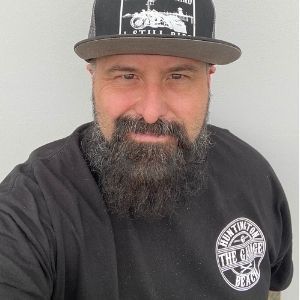 [4]
[4]Lohman and his family stopped going to church after his parents’ divorce when he was 6 years old.
“My dad didn’t have a good opinion of the church, so I grew up sharing that opinion,” he says.
That distrust of the church and Christianity stayed with him, metastasizing into a rejection of God altogether. As he got older, Lohman started to think there was more to life. He began looking at versions of a “higher power” espoused by friends mainly into Hinduism or similar belief systems. But he soon realized those weren’t for him.
“I didn’t want to look at Christianity because of the music I listened to and what my friends said. I saw it as a crutch,” Lohman says. But he also didn’t want to be the kind of guy who dodged something, so he learned about Christianity with the intent to delegitimize it.
Instead, when he read the Bible he’d bought, it started to resonate with him.
As a co-pastor at The Garage alongside McKinney, Lohman says he prefers to look as those still without Christ as “pre-saved.” Both men see their church as a conduit to not only welcome those without a spiritual home, but to introduce them to a grace that knows no bounds. That grace brings change to a person, extending outward into a desire for discipleship as well as missions like raising money for children’s charities or helping deliver groceries.
“We want to communicate God’s love. It’s about how God loves us,” Lohman says. “We encourage people to come broken and hurt. Come as you are. We’ve had folks show up at church drunk or high, or both. We have compassion for those people and want to work with them.”
The church’s name is derived from a place where broken things go to be fixed. The most recent example of that is newly opened Garage Recovery Center, a place for addiction recovery meetings.
“People just need a spot where they can get the Word of God,” Lohman says. “It seems like The Garage is giving them that.”


